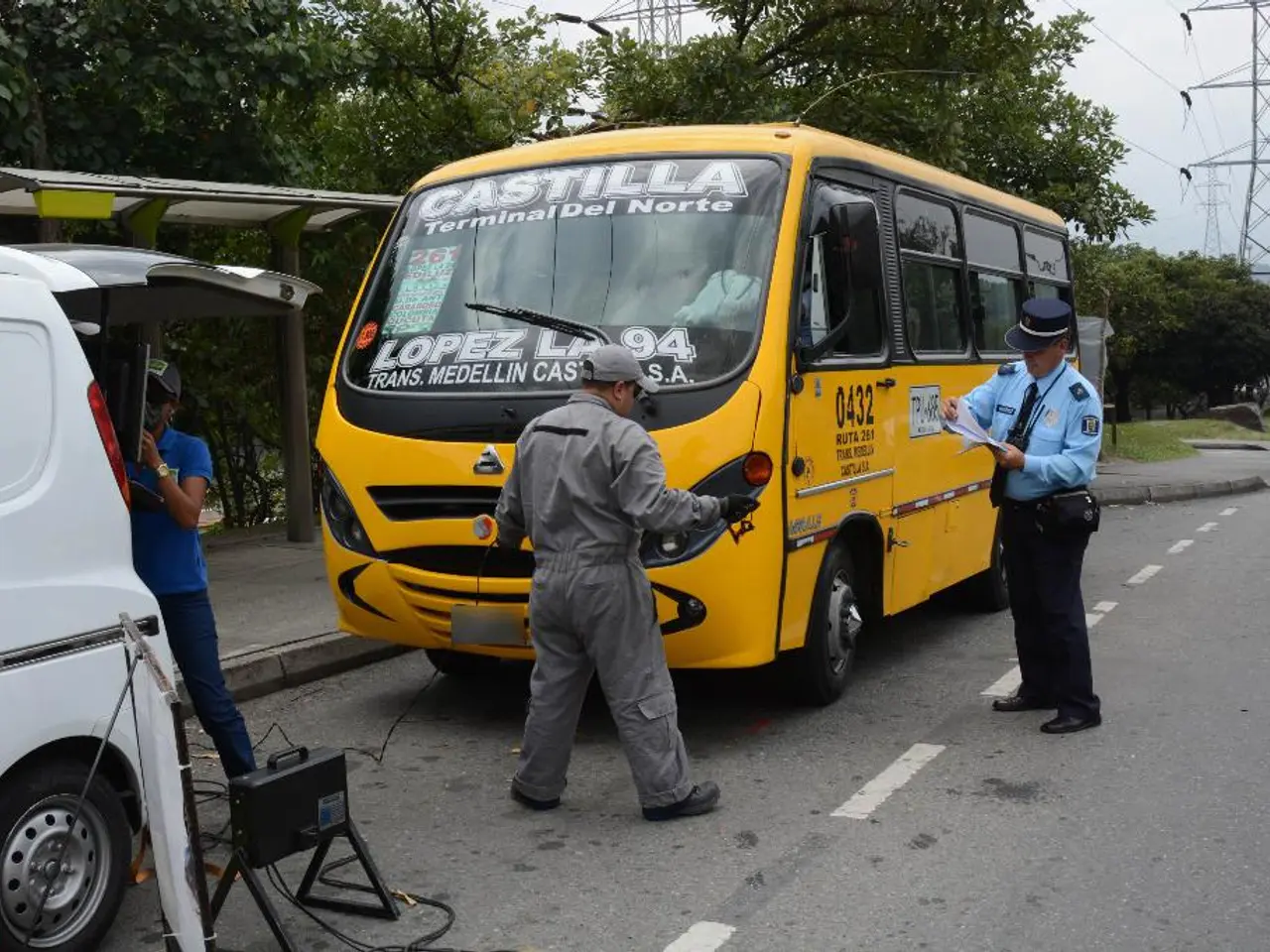Security position recruitment by PSC has been withdrawn
The Parliamentary Service Commission (PSC) has announced the cancellation of its job advertisement for the position of Security Warden II (PSC 4), which was published on July 1, 2025. The cancellation occurred six weeks into the application process, with the application window set to close on July 15, 2025.
The advertisement aimed to fill 38 vacancies for roles involving security operations at Parliament, including manning checkpoints, monitoring surveillance systems, and controlling access to the premises. The minimum qualifications for the position included a KCSE mean grade of D+, paramilitary training, and at least three years of service in a uniformed force.
The notice of cancellation was issued by the Clerk of the Senate on behalf of the PSC, but the reasons for the cancellation were not disclosed. No further information about the cancellation or potential rescheduling of the recruitment process was provided in the notice.
The cancellation may have caused inconvenience to applicants, but no specific apology or compensation was mentioned in the notice. The cancellation was carried in Monday's local dailies, expressing regret for any inconvenience caused.
It is currently unclear whether the positions will be re-advertised. The duties of the Security Warden include manning security checkpoints, screening visitors, operating security equipment, maintaining the occurrence book, providing first aid, and responding to security incidents.
We will continue to monitor the situation and provide updates as they become available. In the meantime, applicants are advised to check the PSC's official website for any further announcements.
- The cancellation of the PSC job advertisement for the Security Warden II position, initially publicized on July 1, 2025, has caused a stir in policy-and-legislation and general-news, as it left applicants uncertain about the prospect of re-advertising.
- The cancellation of the Security Warden II recruitment process, without disclosure of reasons, might spark questions in politics about the transparency of policy-making and procedure regarding policy-and-legislation.






